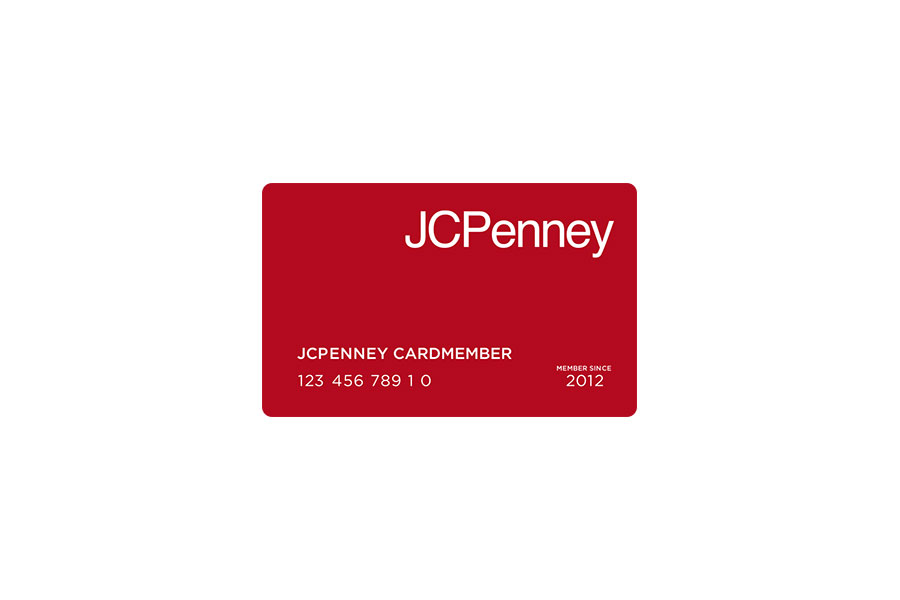Confused by a random $0.50 or $1.50 charge on your credit card bill—even when you barely used your card? That’s probably the minimum interest charge. It’s a small fee that shows up when your calculated interest is so low, the card issuer rounds it up.

Most people don’t notice it, but if you’re carrying even a small balance, it can sneak onto your statement. Here’s what it means, how it works, and how to avoid paying it.
What is a minimum interest charge?
A minimum interest charge is the smallest amount of interest a credit card company will apply during a billing cycle—usually around $0.50 to $2. Even if your calculated interest comes out to just a few cents, the issuer will round it up to this set minimum.
This fee only kicks in when you carry a balance and the interest calculation falls below the threshold set in your card agreement. If you pay off your statement balance in full each month, you won’t pay any interest—minimum or otherwise.
How Credit Card Issuers Apply It
Credit card interest is typically calculated daily based on your balance and APR. But when that math adds up to less than the card’s minimum interest charge, the issuer won’t just charge the few cents you technically owe—they’ll round it up.
For example, if your daily interest comes out to $0.32, and your card has a $1 minimum interest charge, you’ll still be billed the full $1. This only applies if you’re carrying a balance. If you pay your full statement balance during the grace period, you won’t be charged any interest at all.
Examples From Major Credit Card Companies
Each issuer sets its own minimum interest charge. Here’s what some of the biggest credit card companies typically charge:
- American Express: $0.50–$1.00 depending on the card
- Bank of America: $1.50 on most cards
- Capital One: $0.50 on most cards
- Chase: Usually between $1.00 and $2.00 depending on the card
- Citi: $0.50 on most cards
- Discover: $0.50 on most cards
- Wells Fargo: Typically $1.00–$1.50 depending on the card
Always check your card’s terms and conditions for the exact amount. It may vary depending on the specific product you have.
Do all credit cards have minimum interest charges?
Not all credit cards charge a minimum interest fee. Some cards don’t have one at all, while others include it in the fine print—even if you’ve never noticed it.
If you’re trying to avoid this type of charge, read your card’s terms or contact the issuer directly. You can also look for cards with no interest promotions or those designed for people who always pay in full. Some charge cards, like certain American Express cards, don’t charge interest because the balance is due every month.
How to Avoid Minimum Interest Charges
The easiest way to avoid a minimum interest charge is to pay your statement balance in full each month. When you do, most credit cards won’t charge you any interest at all.
Here are a few other ways to stay ahead of it:
- Take advantage of the grace period: Most cards give you 21 to 25 days after your statement closes to pay without interest. If you pay within that window, you won’t owe any interest—even the minimum.
- Use a 0% APR offer: If your card has a promotional interest rate, you won’t be charged interest during the promo period. Just make sure to pay off the balance before the rate goes up.
- Track your spending and budget: If you keep your spending in check, you’re less likely to carry a balance that triggers interest charges in the first place.
Are minimum interest charges worth worrying about?
A $1 charge won’t break your budget, but it’s still money you didn’t need to spend. If you’re seeing it often, it’s a sign you’re carrying a balance—sometimes without realizing it.
That pattern can cost more over time. Setting up payment reminders or autopay can help you avoid these small charges and keep your credit habits on track.
Other Credit Card Fees to Watch Out For
While minimum interest charges are usually small, other credit card fees can cost you much more. Here are a few to keep an eye on:
- Annual fees: Charged once a year for using certain rewards or premium cards.
- Balance transfer fees: Typically 3%–5% of the amount you move to another card.
- Cash advance fees: Often 3%–5% plus immediate interest with no grace period.
- Late payment fees: Can range from $25 to $40 if you miss your due date.
These charges can sneak up quickly, so it’s smart to know what your card might be billing you for.
Final Thoughts
Minimum interest charges are small, but they’re a clear sign you’re carrying a balance. Even if it’s just a few dollars, that fee is money out of your pocket that you could’ve avoided.
If you’re seeing it on your statement, it’s time to take a closer look at your payment habits. Paying your balance in full each month is the simplest way to avoid interest—and keep your credit card working for you, not against you.
Frequently Asked Questions
Can I be charged a minimum interest fee if I only made one small purchase?
Yes, if you carry that small purchase past the due date, and it accrues any interest, you could be hit with a minimum interest charge—even if your calculated interest is just a few cents.
Will I be charged a minimum interest fee on a zero-interest promotional rate?
No, as long as your 0% APR promotional period is still active, you won’t be charged any interest—including minimum interest fees. Once the promo ends, regular interest terms will apply.
Is the minimum interest charge added even if I pay most of my balance?
If you don’t pay the full statement balance by the due date, any remaining balance is subject to interest. If that interest is lower than your card’s minimum charge, you’ll still be billed the full minimum amount.
Can I ask my credit card issuer to waive a minimum interest fee?
You can ask, especially if it’s your first time seeing the fee, or you’ve been a longtime customer. While they’re not required to waive it, some issuers may remove the charge as a courtesy.
Do store credit cards charge minimum interest fees too?
Yes, many store credit cards include minimum interest charges in their terms. In fact, store cards often have higher APRs, so the interest—and the minimum fee—can hit harder if you carry a balance.



